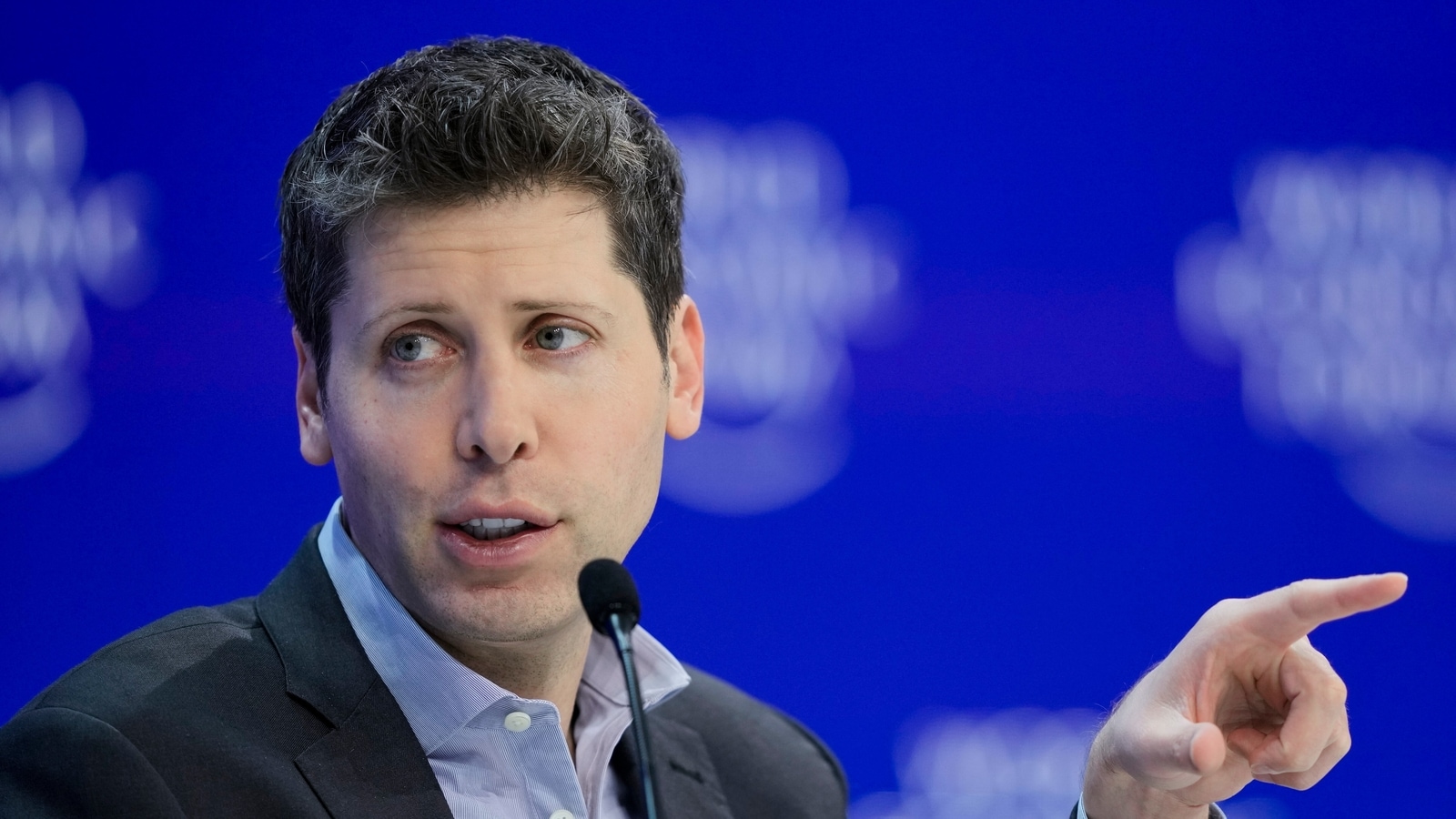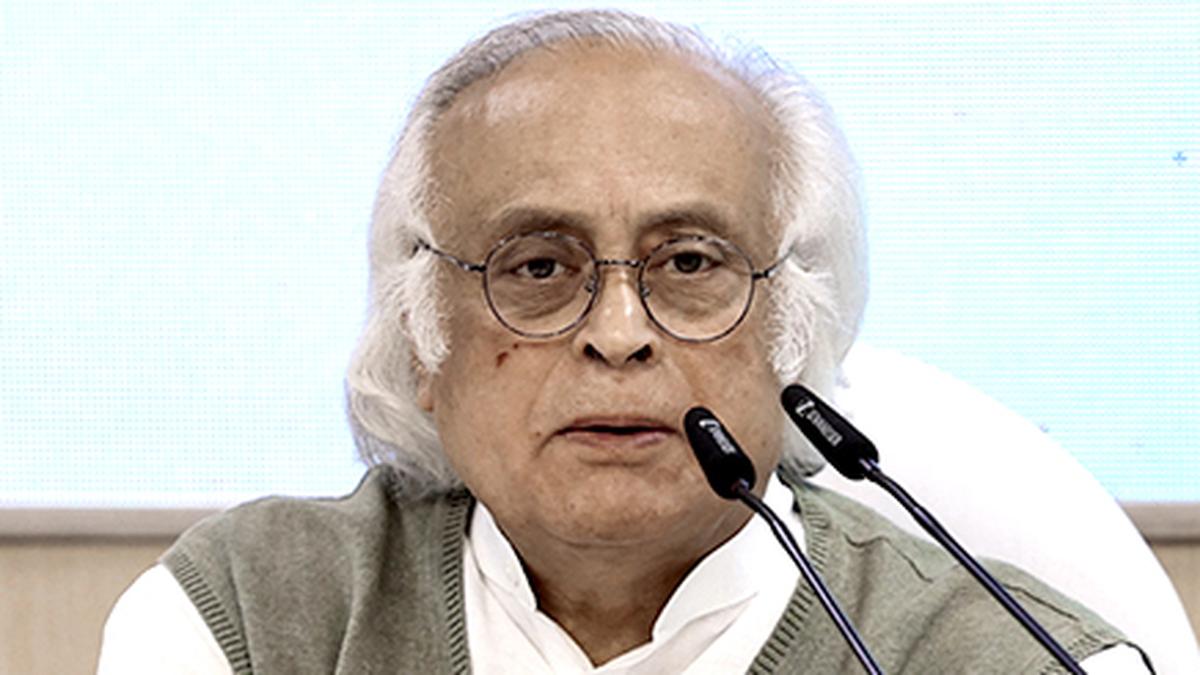Davos [Switzerland], January 19 (ANI): In a Davos session themed ‘Technology in a Turbulent World,’ Sam Altman, CEO of OpenAI, delved into the future trajectory of artificial intelligence (AI), offering profound insights into its role as a driving force for global economies and societies.
Altman highlighted the theme of ‘Artificial Intelligence as a Driving Force for the Economy and Society,’ a pivotal focus at the World Economic Forum’s Annual Meeting.
Altman said, “Even with its very limited current capability and its very deep flaws, people are finding ways to use this tool for great productivity gains or other gains and understand the limitations. People understand tools and the limitations of tools more than we often give them credit for.”
He added, “People have found ways to make ChatGPT super useful to them and understand what not to use it for, for the most part. AI has been somewhat demystified because people really use it now. And that’s always the best way to pull the world forward with new technology.”
Reflecting on a year where generative AI took centre stage, Altman’s quotes from the session shed light on the potential and challenges lying ahead.
Altman acknowledged the current limited capabilities and flaws of AI but emphasised people’s ability to harness it for significant productivity gains.
Users understand the tool’s limitations and find ways to make it useful, demystifying AI as it becomes more widely used.
Addressing the issue of trust in technology, Altman expressed optimism that AI systems would evolve to explain their reasoning in natural language.
Altman said, “I have a lot of empathy for the general nervousness and discomfort of the world towards companies like us… We have our own nervousness, but we believe that we can manage through it and the only way to do that is to put the technology in the hands of people. Let society and technology co-evolve and sort of, step by step, with a very tight feedback loop and course correction, build these systems that deliver tremendous value while meeting safety requirements.”
This would enable users to understand the steps taken by AI from point A to B, fostering transparency and accountability.
Contrary to concerns that AI might replace human-centric activities, Altman drew a parallel with chess. Despite Deep Blue’s victory in 1997, human interest in chess has surged, highlighting our innate connection with human achievements and creativity.
Altman emphasised that humans possess better tools for understanding each other’s desires.
Altman predicted a shift in job roles, with AI enabling individuals to focus more on generating ideas and curating decisions. Jobs would operate at a higher level of abstraction, requiring individuals to coordinate and make decisions based on a broader understanding of capabilities.
Altman expressed optimism regarding the alignment of AI values, highlighting the progress made in ensuring safety between GPT-3 and GPT-4.
“When a user says, ‘Hey, ChatGPT, what happened at Davos today?’ we would like to display content, link out to brands of places like the New York Times or the Wall Street Journal or any other great publication and say, ‘Here’s what happened today’ and then we’d like to pay for that. We’d like to drive traffic for that,” said Altman.
However, the challenge lies in determining who decides these values, considering societal differences. Scrutiny of AI technology is viewed positively, and Altman stressed the tech industry’s responsibility to gather input from society.
Altman made distinctions between displaying content and using it for training AI models. He suggested the development of new economic models to compensate content owners when their data is used for training models, emphasizing the need for a shift in the current conversation about AI training.
The session, part of the World Economic Forum’s Annual Meeting, provided a comprehensive view of AI’s evolving role and its implications for economies and societies globally.
Panellists, including prominent figures like Marc Benioff, Julie Sweet, Jeremy Hunt, and Albert Bourla, joined Altman to explore these critical issues.
Also read these top stories today:
AI Healthcare Risk! “As LMMs gain broader use in health care and medicine, errors, misuse and ultimately harm to individuals are inevitable,” the WHO cautioned. Know some of the benefits too. Check them out now here.If you enjoyed reading this article, please forward it to your friends and family.
No ChatGPT Bang for Bing Buck! When Microsoft announced it was baking ChatGPT into its Bing search engine, bullish analysts declared the move an “iPhone moment”. But that does not seem to have happened. Know what happened here.
Humans Trump AI! OpenAi CEO Sam Altman is saying people are smart enough to figure out what to use ChatGPT for and what not. “People have found ways to make ChatGPT super useful to them and understand what not to use it for, for the most part,” says Sam Altman. Read all about it here. If you enjoyed reading this article, please forward it to your friends and family.






